
Post by : Meena Rani
India’s buses carry millions of passengers every single day. For many schoolchildren, office workers, and families, buses are the most common and affordable way of traveling. But with the rise in traffic and the risk of accidents, safety has become a very serious concern. To solve this, Viva ACP, a leading aluminium composite panel manufacturer in Asia, has brought forward a big change. The company has introduced new aluminium composite panels, often called ACPs, specially designed for building bus bodies.
These panels are not ordinary sheets. They are designed to be stronger, lighter, fire-resistant, termite-resistant, and more durable than traditional materials. Simply put, they act like a shield for buses. With them, passengers get better protection, buses last longer, and the overall experience of travel becomes much safer.
Why Strong and Light Panels Are So Important
In bus construction, every kilogram matters. If the body of the bus is too heavy, the engine has to burn more fuel, which not only increases costs but also adds more pollution to the environment. Heavy materials can also reduce the performance of electric buses, whose batteries need to save every bit of energy for longer travel.
This is where Viva ACP’s panels show their true value. They are much lighter than steel but do not compromise on strength. In fact, the panels are strong enough to protect passengers during accidents by absorbing impact better than many traditional materials. This balance—lightweight and durable—is exactly what modern transport systems need. It improves fuel efficiency, saves money for bus operators, and also helps the environment by lowering harmful emissions.
Matching India’s Tougher Safety Rules
The Ministry of Road Transport and Highways has been tightening its safety rules for passenger buses. These rules focus on protecting passengers from fire hazards, collisions, and the wear and tear of materials. For bus makers, meeting these stricter rules is not easy because they must find materials that can withstand high stress, fire, and damage, all while being light and cost-effective.
Viva ACP’s panels fit perfectly into these requirements. They are designed to resist fire, which is one of the biggest risks in bus accidents. They do not catch flames easily, and they slow down the spread of fire, giving passengers more time to escape safely. They are also highly resistant to termites, moisture, and corrosion, which means they last longer and need less maintenance.
By adopting these panels, bus manufacturers can easily follow government safety norms and give passengers greater confidence in traveling by bus.
Helping the Rise of Electric Buses
India is currently moving strongly toward electric buses. With air pollution increasing and fuel prices rising, electric buses are being welcomed in many cities. State governments and transport corporations are adding hundreds of electric buses under schemes that support green mobility.
Viva ACP has positioned itself right at the heart of this change. The company has already worked with Tata Motors Body Solutions on advanced electric bus models. One example is the Tata MCV EV bus, which has been used by Bangalore Metropolitan Transport Corporation (BMTC) under the FAME scheme of the Indian government. The use of ACP panels in these buses not only makes them lighter but also helps extend the driving range of the electric batteries.
For electric buses, lighter bodies mean longer travel on a single charge, lower running costs, and fewer breakdowns. Viva ACP’s panels are therefore not only making buses safer but also helping India adopt clean energy solutions faster.
Safety with Style The Tarnish Metallum Series
When people think of safety, they often picture plain and boring designs. But Viva ACP has changed that thinking. With their Tarnish Metallum series, they are proving that safety can go hand-in-hand with style.
This series of panels not only strengthens the bus body but also gives it a polished, attractive look. The panels resist rust, stains, and daily wear, which means buses look fresh and smart for a much longer time. This is important for transport companies because a well-designed bus attracts passengers and builds trust. The Tarnish Metallum panels make sure buses are both safe to ride and pleasing to the eye.
Trusted by Big Names in the Industry
Viva ACP is not new to the field of bus body solutions. The company has been working since 2003 and has earned a strong reputation for quality and service. With more than 16 warehouses across India and over 500 dealers, Viva ACP has built a wide network that ensures quick supply and support.
Every year, the company produces about 12 million square meters of panels, which shows the scale of its operations. Many of the country’s leading bus and coach makers, such as Tata Motors, Ashok Leyland, VE Commercial, and S M Kannappa, already use Viva ACP panels in their vehicles. This trust from industry giants proves the reliability and quality of Viva’s products.
A Promise for a Greener Future
According to Mayank Jain, Director of Viva Composite Panel Pvt. Ltd., the new panels are not just about improving how buses perform today. They are also about building a better tomorrow. He believes that every innovation should be guided by honesty, safety, and care for the environment. With India focusing more on sustainability, Viva ACP wants to be at the forefront of eco-friendly mobility solutions.
The company is committed to working closely with bus manufacturers and government agencies to make buses not only safer but also greener. Lighter buses mean less fuel consumption, fewer emissions, and a cleaner environment. By using recyclable materials and longer-lasting products, Viva ACP is helping reduce waste and supporting a sustainable transport system for future generations.
The Bigger Picture
What Viva ACP is doing is more than just selling panels. It is setting new standards for how buses in India should be built. The company is showing that innovation in materials can directly save lives, cut costs, and protect the planet.
For passengers, it means a safer ride. For bus operators, it means better performance and lower costs. For the environment, it means cleaner air and reduced pollution. And for the country, it means a step closer to a modern, sustainable transport network.
Viva ACP’s aluminium composite panels mark a turning point in the Indian bus industry. They provide a rare combination of safety, strength, beauty, and environmental care. In a time when India needs safer roads, cleaner buses, and stronger materials, Viva ACP has brought forward an answer that serves all these needs at once.
Viva ACP, Aluminium Composite Panels, Bus Safety, Electric Buses



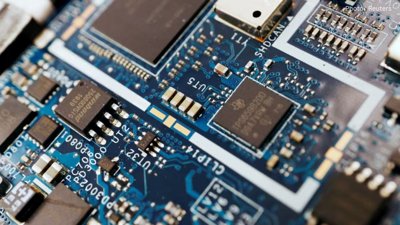
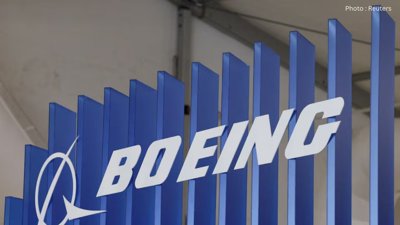

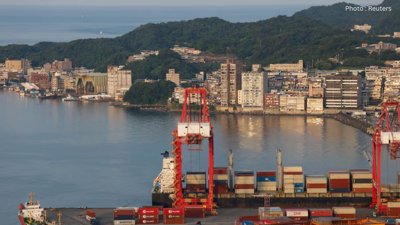
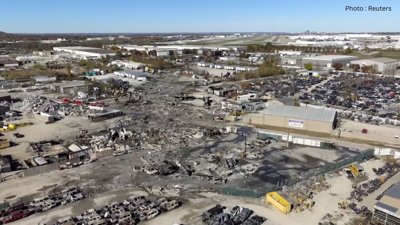
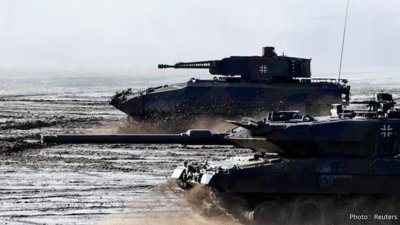

Advances in Aerospace Technology and Commercial Aviation Recovery
Insights into breakthrough aerospace technologies and commercial aviation’s recovery amid 2025 chall

Defense Modernization and Strategic Spending Trends
Explore key trends in global defense modernization and strategic military spending shaping 2025 secu

Tens of Thousands Protest in Serbia on Anniversary of Deadly Roof Collapse
Tens of thousands in Novi Sad mark a year since a deadly station roof collapse that killed 16, prote

Canada PM Carney Apologizes to Trump Over Controversial Reagan Anti-Tariff Ad
Canadian PM Mark Carney apologized to President Trump over an Ontario anti-tariff ad quoting Reagan,

The ad that stirred a hornets nest, and made Canadian PM Carney say sorry to Trump
Canadian PM Mark Carney apologizes to US President Trump after a tariff-related ad causes diplomatic

Bengaluru-Mumbai Superfast Train Approved After 30-Year Wait
Railways approves new superfast train connecting Bengaluru and Mumbai, ending a 30-year demand, easi